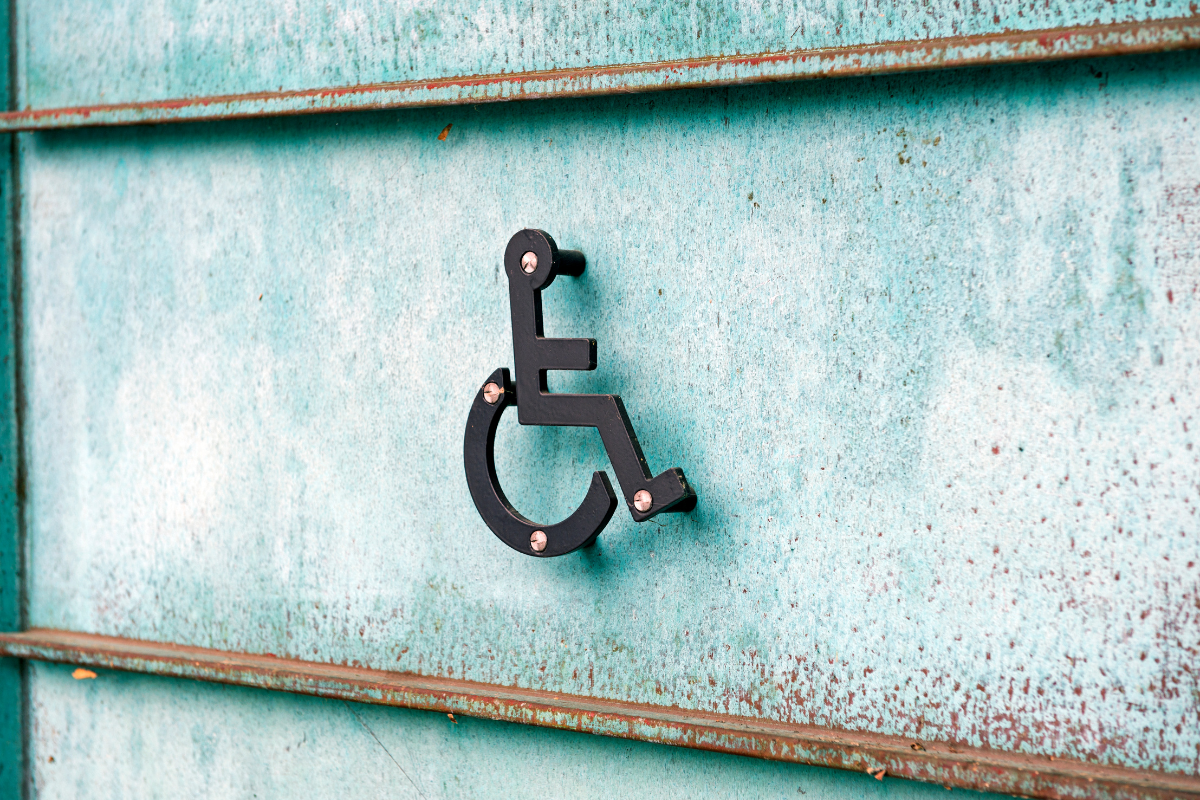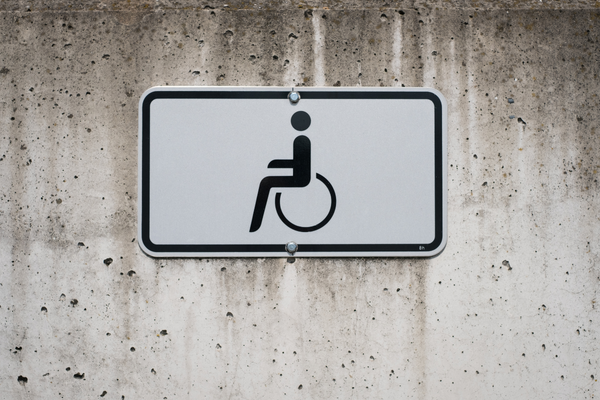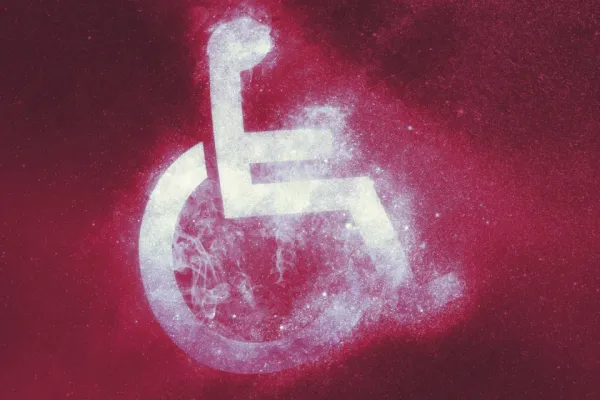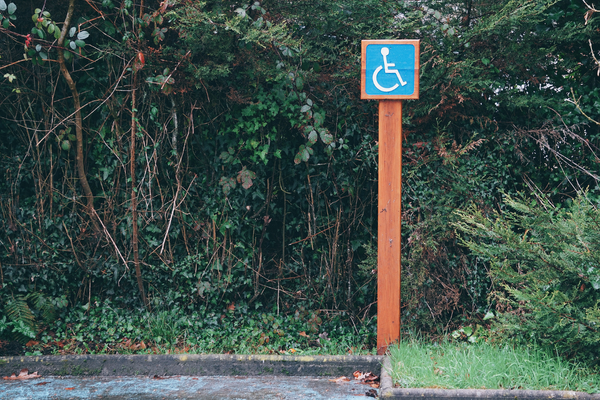1/9/25 - The R-Word, AI, and disability fetish


I have a request before we get into today's three disability-related articles. I would like to feature more writing by disabled bloggers. The third item here today is by Grace Dow, who posts a blog just about every day. I'd like to highlight more writing like that. But these days it's a little harder to find disability-related blogs – probably because blogging itself is a format well past its early 2000s peak. Anyway, if you have a blog, or know of one or two I should be following, please let me know. You can email me at: apulrang@icloud.com.
The R-Word’s Comeback Is a Grim Sign of Our Political Moment
Miles Klee, Rolling Stone - January 7, 2025
"Is there a point anymore in explaining what makes the r-word offensive? Everybody knows why it’s ugly and vicious. Today’s trolls use it because it crosses a contested boundary, as a deliberate (if uninspired) provocation. The same way reactionaries misgender and deadname transgender individuals in hopes of triggering them, the r-word has lately served as an anti-virtue signal, affirmation that the speaker is not bound by the standards of “wokeness,” which of course is the updated idiom for that older conservative bugbear, “political correctness.” Mocking preferred pronouns and putting down a person who disagrees with you as a “retard” are two functions of the same ideological reflex system."
I pretty much agree with the analysis here about why the "R-word" is regaining popularity in social media. But understanding it doesn't make it easier to take. In fact, this Rolling Stone article makes it all more disturbing by rightly connecting it with broader social and political trends. On the one hand, using the "R-word," (whether it's directed at an intellectually or developmentally person or not), is hurtful and offensive specifically to disabled people. On the other hand, it's not just a manifestation of ableism. It's part of a broader set of trends that it would be a mistake for disabled people and our allies to ignore.
AI is a game changer for students with disabilities. Schools are still learning to harness it
Heather Hollingsworth, KSL.com - January 5, 2025
"'There are definitely going to be people who use some of these tools in nefarious ways. That's always going to happen,' Sanft said. 'But I don't think that's the biggest concern with people with disabilities, who are just trying to do something that they couldn't do before.'"
To say that I have mixed feelings about Artificial Intelligence would be an understatement. But the prospect of students using AI to cheat, or get better grades, diplomas, and degrees without actually doing the core work, is one of the downsides I worry about least. That's partly because for decades I have seen people who think nearly every kind of adaptive equipment and accessibility feature imaginable is some kind of unfair advantage, an invitation to fraud, or an excuse for laziness. So while I think there are many minuses as well as pluses for disabled people using AI, my instinct is to tamp down on alarm, and try to maintain a critical but calm approach to it all.
Disability Isn't a Fetish
Grace Dow, Grace Dow Writes - January 3, 2025
"Disability is not a fetish. Orthotics and medical equipment are not meant to make a fashion statement."
This blog post went in a somewhat different direction than I thought it would. It's not mainly about the phenomenon of people who have a fetish for disability, disabled people, and our accessories. It's more about the emotional and ethical implications of non-disabled people playing with images of disability – in effect wearing disability as some kind of costume – for fun, or for more complicated, even sexual reasons. Both are interesting topics for discussion and debate. Is there something inherently wrong with people who are sexually aroused by disabled people? Where does tolerance for people's diverse "kinks" end, and concerns about dehumanizing exploitation begin? And, as explored in Grace's post, how do we as disabled people process our feelings when we see or learn about non-disabled people goofing around with serious parts of our physical lives – like using wheelchairs or canes when they don't have to, or wearing stockings that look like leg braces?
Disability Thinking Weekday is a Monday-Friday newsletter with links and commentary on disability-related articles and other content. Please like, share, comment, and subscribe — for free, or with a paid subscription. Benefits of paid subscription include:
- A monthly recap with links to all of the previous month's shared articles, organized by topic.
- Listing as a supporter, and a link to your website if you have one.
- You can recommend one disability-related article for me to share per month in a weekday post.
I am so grateful for your help and engagement, in whichever forms you choose!



